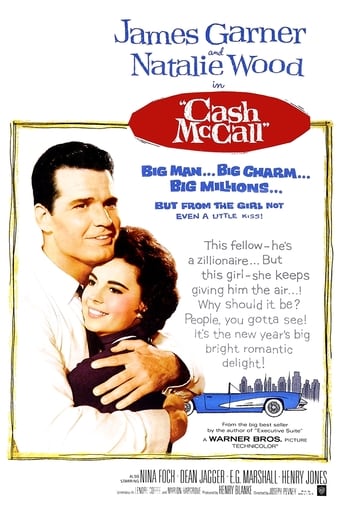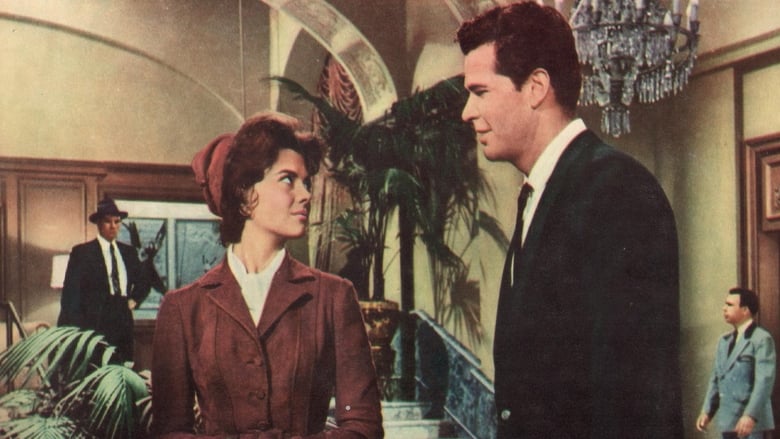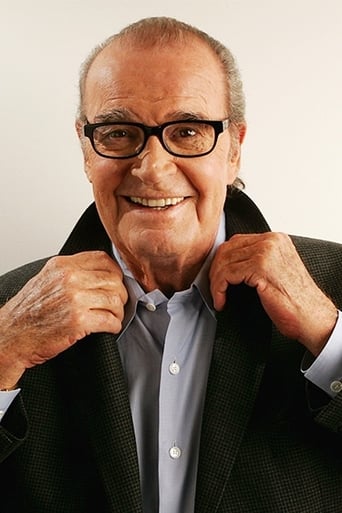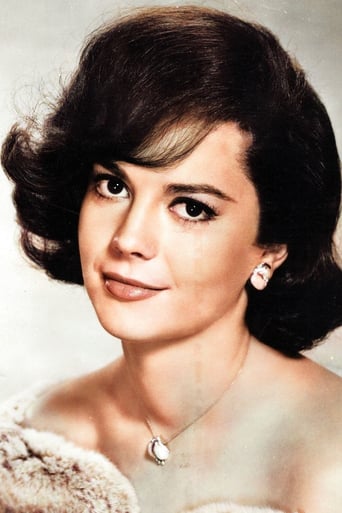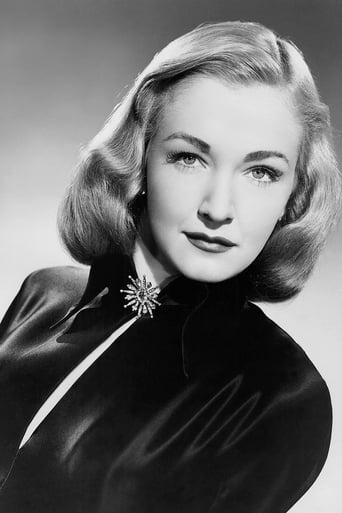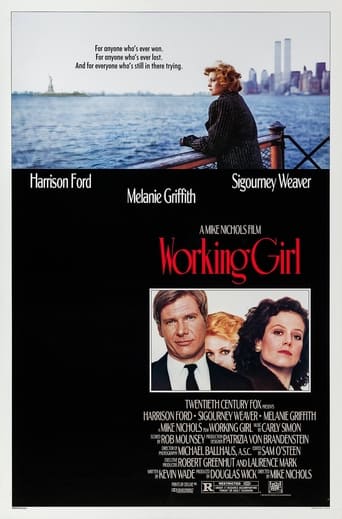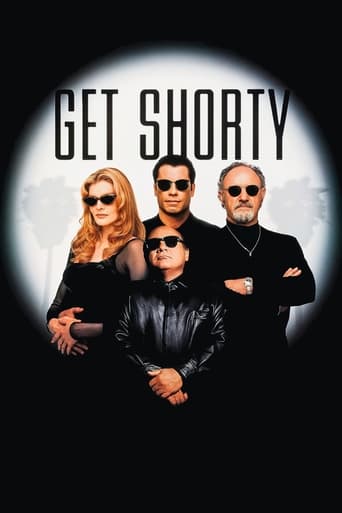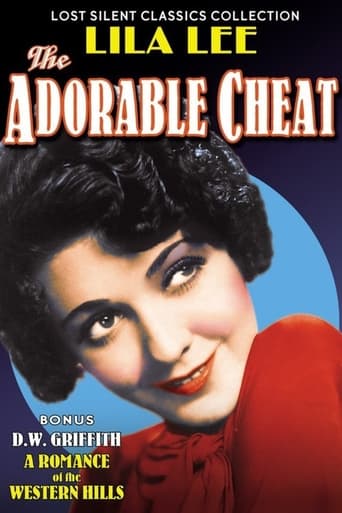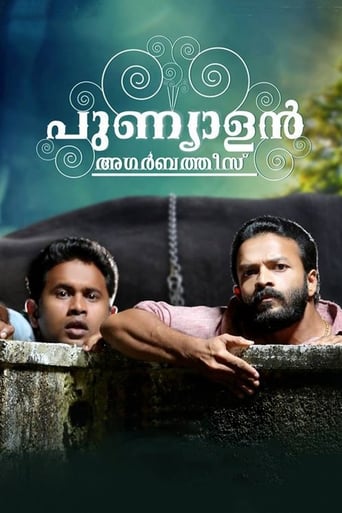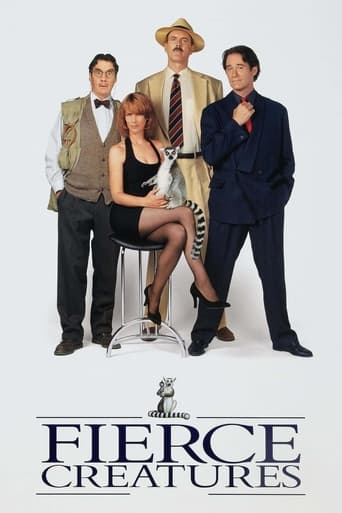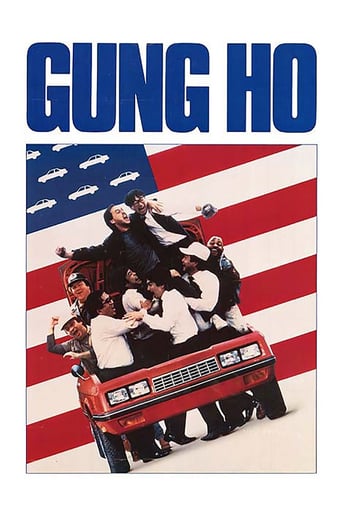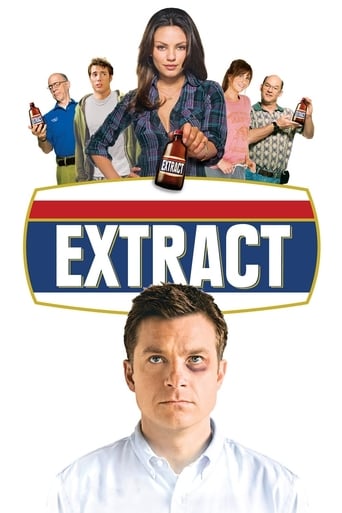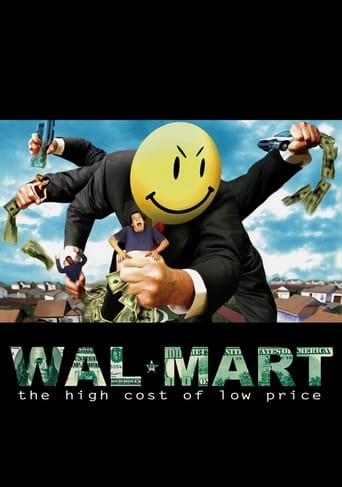Cash McCall (1960)
Wealthy hotshot Cash McCall makes his money by purchasing unsuccessful businesses, whipping them into shape and then selling them for a huge profit. When Cash comes across Austen Plastics, a small manufacturing corporation on its last legs, he realizes it might be a gamble to buy the company. But when Cash finds out that the company's owner is the father of his old flame, Lory, he buys the business just to get a second chance at romance.
Watch Trailer
Cast


Similar titles
Reviews
As Good As It Gets
This story has more twists and turns than a second-rate soap opera.
Let me be very fair here, this is not the best movie in my opinion. But, this movie is fun, it has purpose and is very enjoyable to watch.
The joyful confection is coated in a sparkly gloss, bright enough to gleam from the darkest, most cynical corners.
The best part of this Technicolor exercise is the light it shines on high-power business dealings and how these were treated in the Production Code 1950's-- and is worth a quick few words.In that Cold War decade, Hollywood discovered the drama of corporation boardrooms and big business in such films as the ruthless Patterns (1956), the intrigues of Executive Suite (1954), and the comedic Solid Gold Cadillac (1956). All in all, these movies hold up well despite the passage of years. The trick for films of this type was to be realistic enough with the big money scheming to hold audience interest without at the same time indicting the upper tiers of capitalism. For to do the latter would, among other reasons, serve the interests of the Soviet side of the Cold War then at its peak. As a result, in such movies conscience or a force for good usually prevails at the last minute over ruthless business connivings no matter how unconvincing the abrupt triumph. And that's very much the case in the otherwise routine Cash McCall.At first, McCall is characterized as a corporate vulture—a wheeler-dealer who buys up struggling companies, disassembles them for profit, and then walks away from whatever communities he may have destroyed in the process. But, of course, it's hard to make a sympathetic lead out of such a ruthless character, even for such a likable personality as James Garner. So the screenplay begins to fudge. He's next characterized as a dis-assembler whose aim is to build up anew from the pieces, though the human consequences are not made clear. And finally, after a thorough conversion, he becomes a full-fledged business humanitarian putting communities first for reasons that also remain rather unclear, but does, of course, produce a happy ending. Thus, the ends of the Production Code, the Cold War, and audience expectations are duly served.The movie itself is pretty unmemorable. To me the pairing of the mature Garner and the rather callow Wood seems a brittle one, no matter how much the winsome Wood is glamorized. Then too, Garner suppresses his charming Maverick side in the interests of getting into McCall's character, but in the process gives up his special appeal as an actor. On the other hand, it's a fine array of supporting players, especially Henry Jones whose Bassett- hound face registers an unusual array of subtle emotions. His is a very different appearance for that glamour-obsessed time period. Anyway, the movie's a decent enough entertainment, but outside of its wheeler-dealer instruction manual, remains pretty forgettable.
James Garner has always had a knack for making every character he's played his own. From his early T.V. days as western star Brent Maverick to the last series, The Rockford files. His ease to become the center attraction is a natural pose for such a talented individual. In this story directed by Joseph Pevney, he plays Millionaire tycoon, Cash McCall who's amiable gift for buying and quickly selling industrial real estate is surprisingly lucrative. That is until he meets with eye-candy Natalie Wood who plays Lory Austen, the beautiful daughter of Grant Austin (Dean Jagger) a retiring designer. With a top successful group of businessmen led by Winston Conway (E.G. Marshall), Gilmore Clark (Henry Jones) and Harrison Glenn (Edward Platt), he plans to reap a rich bonus with the biggest deal of his life. However, small incidents like his personal housekeeper Maude Kennard (Nina Foch) wrongly believing McCall is seeking her as a wife and his number one business competitor, General Danvers (Roland Winters) believes McCall is trying to cheat him, are becoming more than annoying. All in all, this Garner vehicle is fun in a number of ways, but all end up creating the correct imagines originally written by author Cameron Hawley. ****
One of my favorite movies as a child. Look at her face in the close-ups, when the movie flashes back to their meeting in the rain at his mountain cabin! Such a romantic movie, and Ms. Woods' clothes are fabulous examples of 50s high fashion. And Cash Mc Call's penthouse is a perfect high-tech palace for the times.Natalie has the doting parents we all wished we had back then and a mother who is worried this beautiful creature will be an old maid at 23. Ah, life was simple then.The business oriented plot is engaging, the dialogue springy and believable for the times. Though marraige and family are still the only acceptable goals for good girls in this story, you don't care as you root for true love to conquor all and the cold business man to see the light and let the good guys win.Rent it, if you have never seen it. An underappreciated gem. I wish I had told Ms. Wood how much I liked the film, the one time I met her in the late sixties, but she was rather pregnant at the time and not terribly concerned with her career.
In many respects this looks like a 1980s film that has been moved through a hole in the time/space continuum into 1959. From a cynical 1990s perspective, much of it is probably a touch too sweet, especially the romance, but the way high-flying business is portrayed was way ahead of its time. It is very much as we would find it in mid-1980s films such as Wall Street or Other People's Money. In case some of the dialogue/monologue sounds familiar: Pretty Woman seems to have "borrowed" significant chunks.

